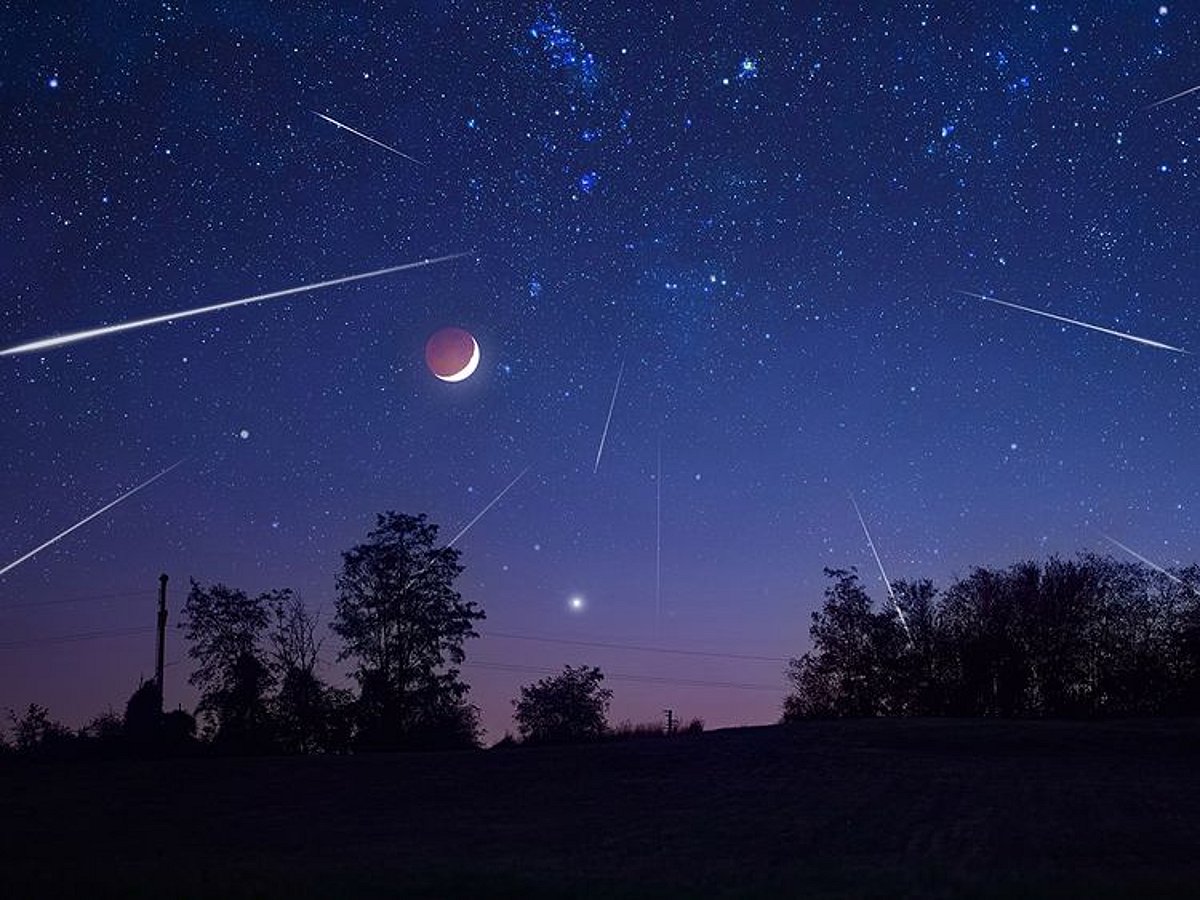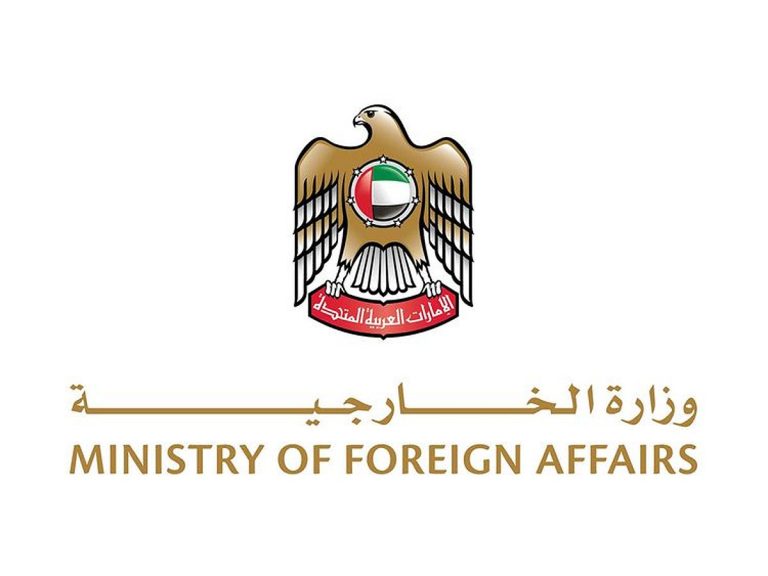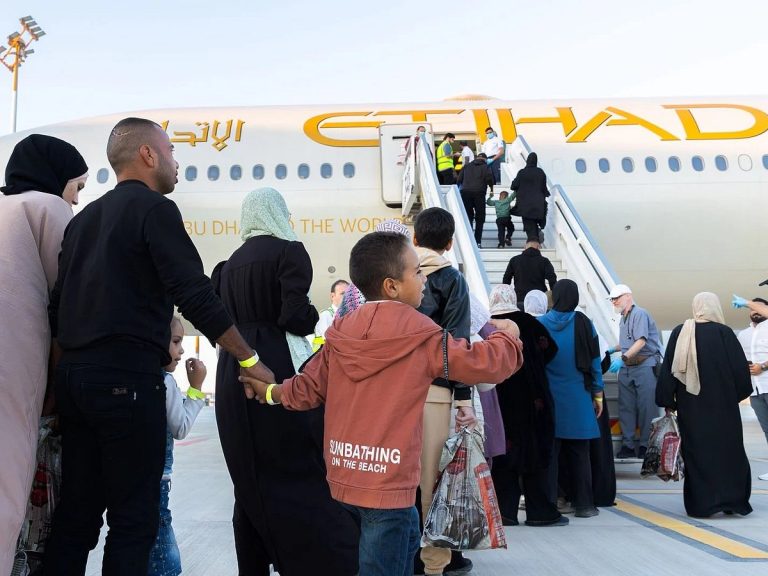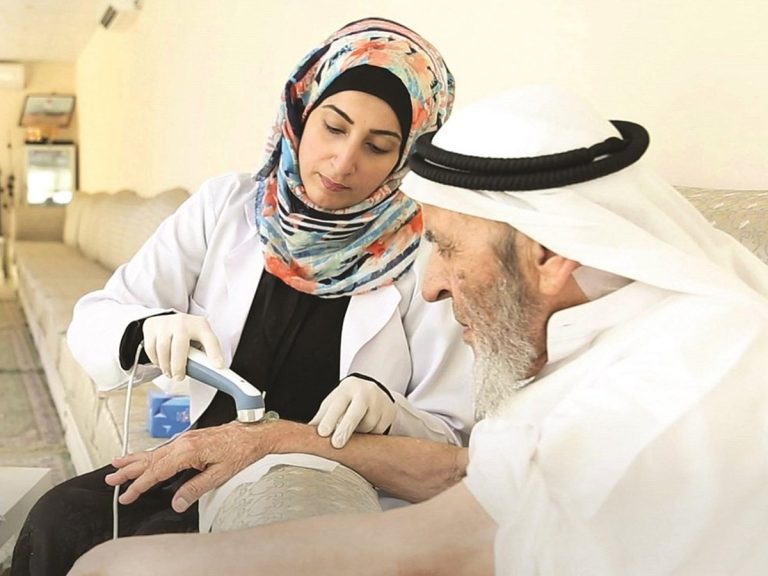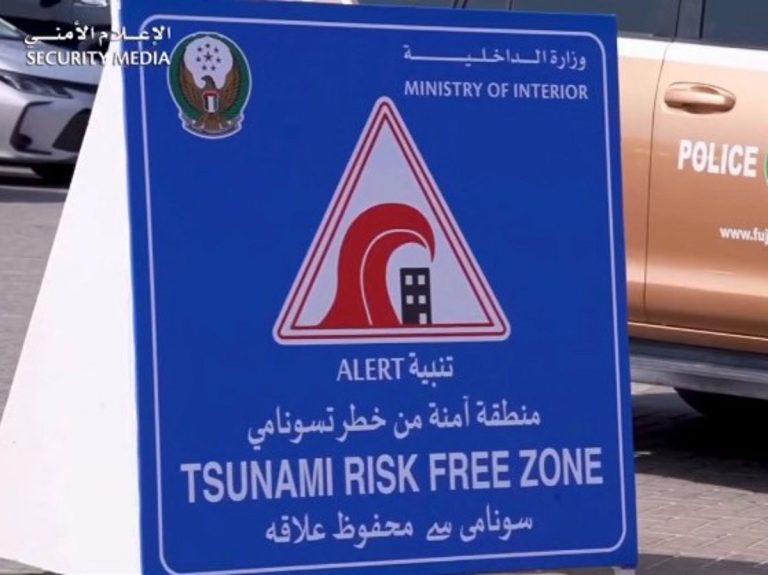Orionids Meteor Shower Peaks in UAE on October 21
Next week, the skies over the UAE will come alive with the Orionids meteor shower, offering a breathtaking display of shooting stars. Stargazers can expect to see up to 20 meteors per hour as the Earth passes through the debris left by Halley’s Comet. This annual event is a highlight for astronomy enthusiasts and casual observers alike.
Peak Viewing Times
The Orionids meteor shower is set to peak on October 21, with the best viewing times occurring before midnight until around 2 AM. While the meteor shower spans from September 26 to November 22, this peak night promises the most spectacular show. The Dubai Astronomy Group (DAG) will host a special stargazing event in Al Qudra, providing an ideal setting for this celestial phenomenon.
Stargazing Event Details
The DAG event will take place from 10 PM on October 21 until 2 AM on October 22. Attendees can look forward to a magical night under the stars, as the moonless skies will enhance visibility for the meteor shower. DAG emphasizes that meteors travel too quickly to be viewed through telescopes, making the naked eye the best option for observing this natural spectacle.
In addition to watching the meteors, participants will have access to guided sky mapping sessions, telescope stations for observing deep-sky objects, and expert commentary to enrich their experience. There will also be a talk and a Q&A session, along with opportunities for photography through telescopes. Registration is required, with general tickets priced at Dh150 and tickets for children aged 5 to 13 at Dh125.
Understanding the Orionids
The Orionids are named after the constellation Orion, from which the meteors appear to radiate. This meteor shower is one of two associated with Halley’s Comet, the other being the Eta Aquarids, which occurs in May. Halley’s Comet takes approximately 76 years to complete its orbit around the Sun and will next be visible from Earth in 2061.
NASA advises viewers in the UAE to look towards the southeast sky after sunset for the best chance to see the meteors. The Orionids mark the beginning of a series of meteor showers in the final quarter of 2025, with two more significant events on the horizon.
Upcoming Meteor Showers
Following the Orionids, the DAG will host events for the Leonids meteor shower on November 17, which typically offers 10 to 15 meteors per hour under normal conditions. The year will conclude with the Geminids meteor shower on December 14, renowned for its intensity, with the potential to produce over 100 meteors per hour in ideal conditions. These events promise to be highlights for astronomy enthusiasts across the UAE.
FAQs
When is the best time to view the Orionids meteor shower?
The best viewing time for the Orionids is on the night of October 21, from midnight until around 2 AM.
How can I participate in the Dubai Astronomy Group’s event?
You can participate by registering for the event, which runs from 10 PM on October 21 to 2 AM on October 22. Tickets are priced at Dh150 for adults and Dh125 for children aged 5 to 13.
What should I expect at the stargazing event?
Expect a comprehensive stargazing experience, including guided sky mapping, telescope stations for deep-sky observation, expert commentary, and opportunities for photography through telescopes.
Conclusion
The Orionids meteor shower offers a unique opportunity for stargazers in the UAE to witness a stunning celestial display. With the Dubai Astronomy Group’s organized event, attendees can enjoy an enriching experience under the stars. As the year progresses, be sure to mark your calendars for the upcoming meteor showers, ensuring you don’t miss out on these spectacular astronomical events.
The Orionids meteor shower is particularly notable for its bright meteors, which can leave long-lasting trails in the sky. This phenomenon occurs as Earth intersects the path of debris shed by Halley’s Comet, resulting in a captivating display that has fascinated observers for centuries. The historical significance of Halley’s Comet adds to the allure of the Orionids, as it has been documented in various cultures throughout history.
In addition to the visual spectacle, meteor showers like the Orionids provide valuable opportunities for scientific study. Astronomers analyze the composition and behavior of meteors to gain insights into the solar system’s formation and the materials that exist in space. Such events also foster community engagement and interest in astronomy, encouraging individuals of all ages to explore the wonders of the night sky.
Also Read:
UAE Tsunami Response Drill Set for Fujairah on October 15

